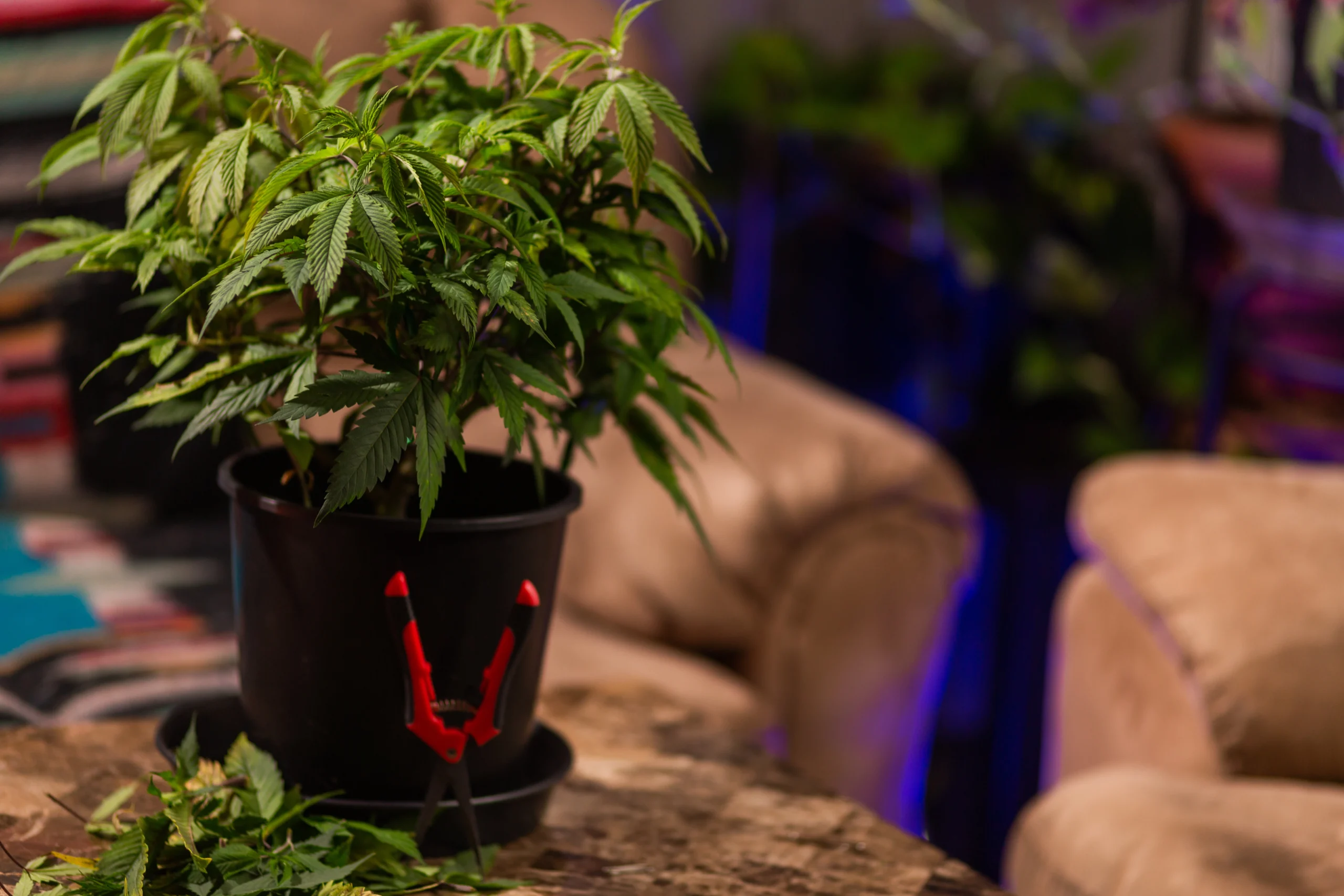- 27 Oct 2025

In the growing world of cannabinoids, Delta-8 and Delta-9 THC stand out for their psychoactive effects. Though they’re chemically similar, their potency and experience can differ significantly. Whether you’re a seasoned user or a curious newcomer, understanding the nuances between Delta-8 and Delta-9 THC is essential to choosing the right product for your needs.
This guide compares their chemical structures, effects, legality, safety, and most importantly—which one offers a milder high.
Delta-8 tetrahydrocannabinol (Delta-8 THC) is a minor cannabinoid found in small traces in the cannabis plant. It’s usually synthesized from hemp-derived CBD through a chemical process, making it legally available in many U.S. states under the 2018 Farm Bill—though some states have restricted it due to its psychoactive effects.
Despite its similarity to Delta-9 THC, Delta-8 binds to the endocannabinoid system with less potency, offering a gentler high with reduced anxiety or paranoia.
If you’re interested in CBD products with minimal psychoactive effects, check out our post on CBD vs. THC for Beginners.
Delta-9 THC is the primary psychoactive compound in cannabis. It’s what most people refer to when they say “THC.” It binds strongly to CB1 receptors in the brain, which leads to the intense euphoria, altered perception, and high associated with marijuana use.
Delta-9 is much more potent than Delta-8, and while many enjoy its effects recreationally, it can sometimes cause anxiety, paranoia, or rapid heartbeat, especially in those with lower tolerance.
| Feature | Delta-8 THC | Delta-9 THC |
|---|---|---|
| Psychoactivity | Mild | Strong |
| Legal Status | Federally legal (state limits) | Federally illegal (state-dependent legal use) |
| Occurrence in Plant | Trace amounts | Abundant |
| Side Effects | Low anxiety, smooth high | Higher risk of anxiety or paranoia |
| Duration of Effects | 4–6 hours | 6–8 hours |
Delta-8 THC is widely regarded as the milder alternative to Delta-9 THC. Users often describe the high as clear-headed, functional, and less overwhelming. This makes it appealing to:
New users trying THC for the first time
Individuals prone to anxiety
People seeking mild relaxation or focus
Delta-9, on the other hand, can deliver a strong euphoric high but may be too intense or unpredictable for some, especially at higher doses.
Looking for a gentler introduction to THC? Learn more in our article.
Delta-8 is federally legal under the Farm Bill if derived from hemp, but several states have banned or restricted its use.
Delta-9 remains federally illegal in the U.S., though it’s legal for recreational or medical use in over 30 states.
If legality is a deciding factor for you, Delta-8 is more accessible, especially online, though you should check local laws before purchase.
For the most up-to-date cannabis laws, visit NORML’s state-by-state guide.
Anxiety and stress relief
Mild pain management
Improved focus
Smoother experience for beginners
Strong euphoria and creativity
Appetite stimulation
Deep relaxation
Effective in chronic pain conditions
| Side Effect | Delta-8 | Delta-9 |
|---|---|---|
| Dry mouth | Yes | Yes |
| Red eyes | Rare | Common |
| Paranoia | Rare | Common |
| Appetite boost | Mild | Strong |
If your goal is a calm, manageable high, Delta-8 THC is the better choice. It provides subtle psychoactive effects that are easier to handle for everyday use, particularly if you’re seeking relaxation or mental clarity without being heavily sedated or euphoric.
Delta-9 THC is best suited for users who are comfortable with stronger effects, looking for recreational highs or relief from more severe symptoms like chronic pain or insomnia.
When comparing Delta-8 vs. Delta-9 THC, the decision boils down to your tolerance, purpose, and desired intensity. Delta-8 is undeniably the milder option, offering a smoother introduction to the benefits of THC without overwhelming side effects. Delta-9, while potent and effective, may not be ideal for those prone to anxiety or new to cannabinoids.
Whether you’re experimenting or making a health-conscious switch, always start with a low dose and consult a medical professional if you’re using cannabinoids for therapeutic reasons.